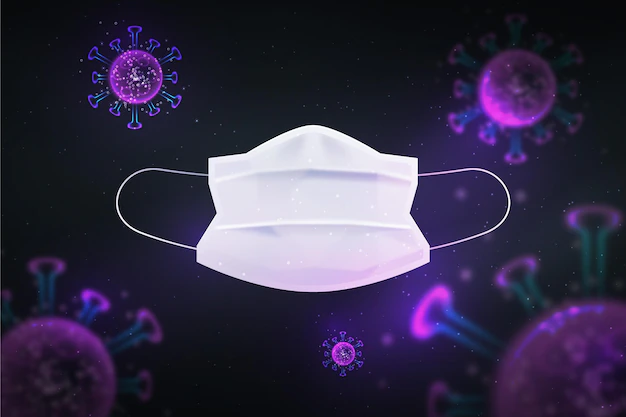COVID-19 Overview, Symptoms and Prevention

COVID-19 is a highly contagious respiratory illness caused by the SARS-CoV-2 virus. It was first identified in Wuhan, China in December 2019 and has since spread worldwide, leading to a pandemic. The symptoms of COVID-19 can range from mild to severe and can lead to hospitalization or even death. The virus primarily spreads through respiratory droplets when an infected person talks, coughs, or sneezes.
Symptoms of COVID-19 include:
- Fever or chills
- Cough
- Shortness of breath or difficulty breathing
- Fatigue
- Muscle or body aches
- Headache
- New loss of taste or smell
- Sore throat
- Congestion or runny nose
- Nausea or vomiting
- Diarrhea
Prevention measures for COVID-19 include:
- Getting vaccinated against COVID-19
- Wearing a mask or face covering in public spaces, especially indoors
- Practicing good respiratory hygiene, such as covering your mouth and nose when coughing or sneezing
- Washing your hands frequently with soap and water for at least 20 seconds
- Avoiding close contact with people who are sick
- Staying home and self-isolating if you are feeling sick or have been in close contact with someone who has COVID-19
- Following public health guidelines and restrictions in your area
It is important to seek medical attention if you are experiencing COVID-19 symptoms, especially if they are severe or worsening. Treatment may involve supportive care, such as oxygen therapy or hospitalization for more severe cases.
In conclusion, COVID-19 is a highly contagious respiratory illness caused by the SARS-CoV-2 virus that can range from mild to severe and can lead to hospitalization or death. Preventative measures such as getting vaccinated, wearing a mask, practicing good respiratory hygiene, and following public health guidelines can help prevent the spread of the virus. If you are experiencing COVID-19 symptoms, seek medical attention and follow guidelines for self-isolation and quarantine to prevent the spread of the virus.
